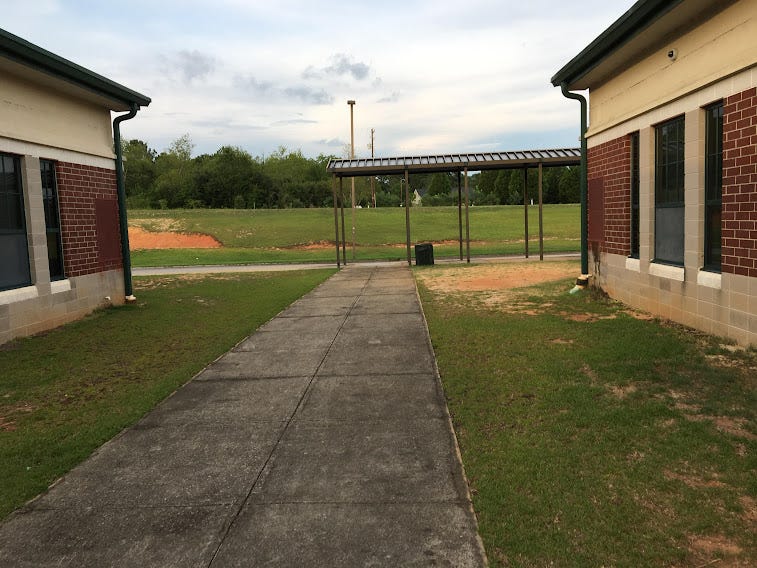Who Are You Today? (short fiction)
"There seems to be a communal shift, like white blood cells sighting a tagged invader. "
I say, beware of all enterprises that require new clothes, and not rather a new wearer of clothes.
-Henry David Thoreau, Walden
I know what they’d like, they’d like a blank they could fill in. A person already filled in disturbs them terribly.
-Patricia Highsmith, The Price of Salt, or Carol
Every glistening egg is a memento mori.
-Annie Dillard, “The Force that Drives the Flower”
1.
It’s too early in the morning to be doing anything, but here I am. As I walk down the worn concrete path, the building starts to loom, two stories of utilitarian brick, like a corporate hospital mated with a church annex. A flock of geese flies overhead. As they fly, they are ungainly, like snakes stapled to ducks. I feel the same.
I push through the doors and find the main office. Two receptionists are chatting.
“Good morning!” one says, and then clocks my ID. “Who are you today?” I see what seems to be a squint of disapproval as she looks me over. This look is not uncommon out here, although I don’t know wha…
Keep reading with a 7-day free trial
Subscribe to Other Duties (as assigned) to keep reading this post and get 7 days of free access to the full post archives.




